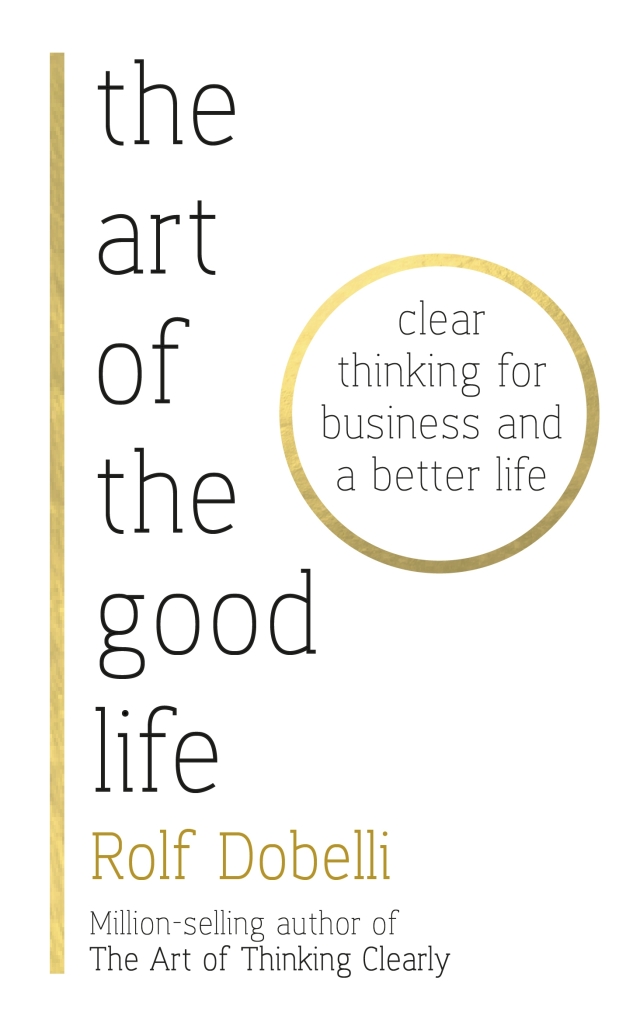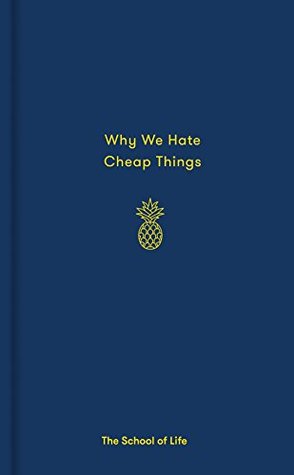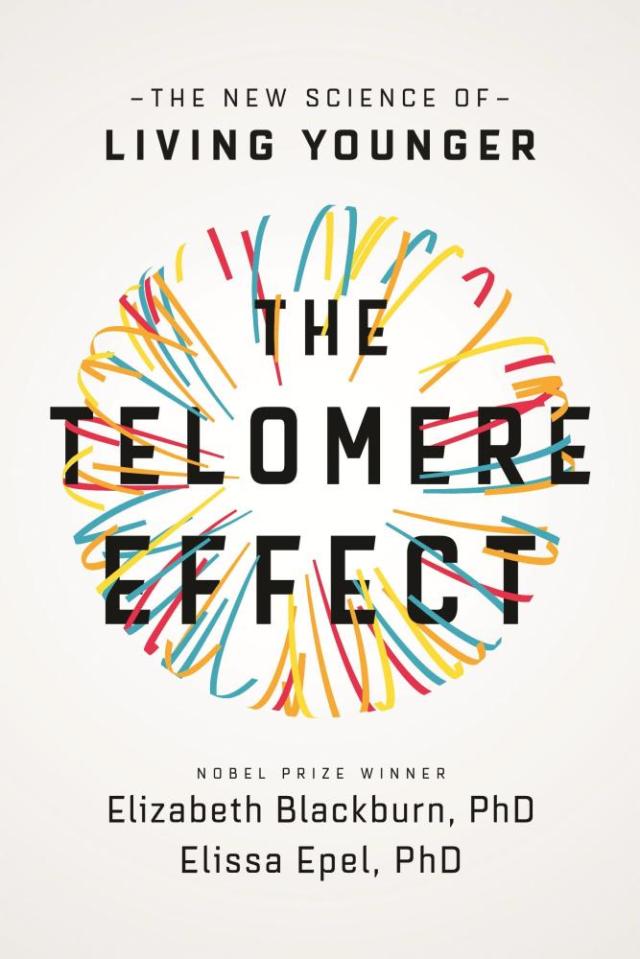The Book of Worries (How to Switch off the Loudspeaker in Your Head). Everyone has to have the right setting on anxiety. That’s the way humans were wired, to be slightly anxious and wary of our surroundings. In the past, anxiety was useful as it ensured the survival of humans. But in modern day, such anxiety is unproductive. Anxiety will simply affect your sleep quality. Excessive anxiety will lead to stress. Fear is enough. There isn’t a switch to turn off the loudspeaker in your head. One trick is to write down your anxieties in a book at a fixed time everyday. Think about the worst possible consequences. Take out insurance. Focused work can definitely help against brooding as it very fulfilling in nature.
Determine what you can influence and what you can’t. Address the former. Don’t let the latter prey on your mind. – Rolf Dobelli
The Opinion Volcano (Why you’re Better Off Without Opinions). Difficult questions require thought and not simply muttering an opinion. The human brain is a volcano of opinions. We express opinions on topics which do not interest us. It would be better for you to shut up. We think we know answers on unanswerable questions. We give over-hasty answers to complex questions. The trick is to not keep on feeling that you need to give an opinion. Select the topics of your interest carefully. Writing is the ideal way to organize your thoughts. Question your own opinion to see if it can stand up to scrutiny.
Your Mental Fortress (The Wheel of Fortune). One needs to accept the existence of fate. Everything can be turned on their head all of a sudden. Everything you own, value and love is ephemeral. These things are fleeting and temporary. Thirdly, understand that the positive outweighed the negative in your life and that all sweet things are tinged with bitterness. However, no one can take your thoughts and your mental tools. These are the principles of stoicism. Happiness can only found in your mental strength and resolve, not in a Porsche collection.
Envy (Mirror, Mirror, on the Wall). Envy is one of the most toxic emotions. It has many destructive powers. Envy is one of the most important sources of unhappiness. Envy is an animal instinct. The trick is to stay clear of comparisons in order to enjoy a good life. Social media also contains information about others. Do not be envious of the neighbour’s car as car is unlikely to be able to bring someone happiness.
This is the interesting thing about envy: the more we compare ourselves with others, the greater the danger of jealousy. – Rolf Dobelli
The images uploaded have nothing to do with your friends’ normal lives. They’ve been meticulously curated, giving the fake impression that others in your social circle are doing better than they really are. – Rolf Dobelli
Prevention (Avoid Problems Before You Have to Solve Them). What is wisdom? It is a practical ability which we need to navigate life. Avoidance isn’t sexy. Successes achieved through prevention are invisible to others. The financial press loves a good turnaround manager. Hence, we underemphasize the role of some people in society. It is better to steer clear of danger because of your wisdom of foresight.
Mental Relief Work (Why You’re Not Responsible for the State of the World). Sometimes, we hear about the injustices in the world. However, there is nothing we can do about them personally. Most catastrophes are more complex than they seem to be. Don’t overestimate your ability. If you want to help reduce suffering on the planet, donate money. Voluntary work using your time is largely unproductive and you would be better off investing in your circle of competence. It would be smarter to pay and let the professionals do the work. Drastically restrict your news consumption – especially when it comes to catastrophes. Evil is all around us, and some things are hard to prevent. You’re not responsible for the state for the world.
The Focus Trap (How to Manage Your Most Important Resource). Focus is important, but you need to know where to direct it. The problem is that in modern society we are distracted by many notifications etc. Focus is an important resource. Don’t confuse what is new with what’s relevant. Avoid content or technology that’s free. Avoid absorbing information from multimedia as books are less distracting. Act from a position of strength. Focus can affect your happiness directly too.
If you deliberately focus your attention, you’ll get more out of life. Be critical, strict and careful when it comes to your intake of information – no less critical, strict and careful than you are with your food or medication. – Rolf Dobelli
Read Less, but Twice – On Principle (We’re Reading Wrong). Get through life via 50 books that you have read. I can faintly recall the content of books I have read. Little of the books you have read, you can remember. What’s the point of reading a book if you can’t remember the content? Why do humans retain so little of what we read? The problem is that we are not selective or thorough enough. Now, I am more selective with my reading and sometimes even read the same book twice. When young, read widely and do not restrict yourself. This is the stage where you are improving your powers of judgment. After you are 30, be very selective about what you read.
The effect of reading twice isn’t twice the effect of reading once. It’s much greater – judging by my own experience, I’d put it at a factor of ten. – Rolf Dobelli
The Dogma Trap (Why Ideologues Oversimplify Things). Humans think we know things very well until we are forced to explain them. This is the knowledge illusion. Special issues require a lot of thought. We need to account for the effects of the effects of doing something. Ideologies are very dangerous. Notice when you are falling for an ideology. An ideology is one which can seemingly explain everything. Remember to give dogmas a wide berth.
Mental Subtraction (How to Realize that You’re Happy). How generally happy are you with your life? Gratitude is an important feeling which you need to be appreciative of. Gratitude might not work because of habituation and we get used to things. Instead of focusing on the positives, mental subtraction works too. It can help to boost happiness. Think about how much you’d miss the things you do have if you didn’t have them any longer.
Our happiness is sometimes not very salient. We need to do what we can to make it more so. Imagine playing a piano and not being able to hear what it sounds like. Many activities in life are like playing a piano that you do not hear. – Rolf Dobelli
The Point of Maximum Deliberation (Thinking Is to Acting Like a Torch is to a Floodlight). The best ideas come to you while you write them down. Action speaks louder than words. Doing beats talking anytime. The world is opaque to us. To go beyond what we know, we have to forge ahead and act. This is the point of maximum deliberation. This is when all the facts are laid on the table and you have digested them. Meditation won’t help you anymore, if there are no more new acts. Stranded on an island, who would you rather be by your side? Your partner? A Consultant? A boatbuilder? You won’t achieve the good life simply by thinking about things you ought to do. Self-inquiry will get you bogged down in moodiness, vague thoughts etc.
An entrepreneur won’t know whether a product will be successful until she produces it and launches it onto the market – no matter how much consumer research she’s done. – Rolf Dobelli
If you’re simply thinking something over, you’ll never bump up against reality, which means you can never fail. Act, however, and suddenly failure is back on the cards – but you’ll gain new experiences. – Rolf Dobelli
Other People’s Shoes (Role Reversal). Sometimes, it helps to take the place of someone else. The issue might be resolved more quickly. You got to see things from someone’s else perspective. Role reversal is a quick way to build mutual understanding. Reading novels can help you to build empathy fast.
Being immersed in a good novel, accompanying the protagonist throughout both highs and lows, is an efficient workaround that sits somewhere between thinking and doing. – Rolf Dobelli
The Illusion of Changing the World (Part 1 – Don’t Fall for the “Great Men” Theory). Can you really change the world? Modern society are very optimistic for the individual. We see ourselves as engineers of the world. However, the idea that any individual can change the world is a grand illusion. The first problem is the focusing illusion. We over-estimate the importance of our projects. The next bias is the intentional stance such as ‘without Einstein, there would be no relativity theory’. However, without such great people, things would have happened, just with someone else at the helm. Individual humans do not shape history, but there are a myriad of factors driving it. Do not cling on to the illusion, that you can be a great man yourself.
The Illusion of Changing the World (part 2 – Why you shouldn’t put anyone on a pedestal – least of all yourself). Other inventors, if Edison wasn’t around, would have invented the light bulb. Hence, the light bulb would still have been invented. Technology will find its inventors, not vice versa. Even without Steve Jobs or Bill Gates, things would not have changed much. Even outstanding CEOs can’t control market forces. A lot of them are forgotten people already. Hence, we need to be modest about our own achievements.
No matter how extraordinary your accomplishments might be, the truth is that they would have happened you. Your personal impact on the world is minute. It doesn’t matter how brilliant you are. – Rolf Dobelli
The only place where you can really make a difference is in your own life. Focus on your own surroundings. You’ll soon see that getting to grips with that is ambitious enough. Why take it upon yourself to change the world? Spare yourself the disappointment. – Rolf Dobelli
The ‘Just World’ Fallacy (Why Our Lives Aren’t Like Classic Crime). We believe in justice and equality and cannot bear injustice. We believe good deeds will be rewarded and bad deeds will be punished. We need to accept the unfairness of the world. In life, we have to put up with a bit of unfairness. Humans like to think everything will turn out fine. The world is fundamentally amoral. Part of the good life is to accept that not everything is fine.
The things that happen to you across the course of your life, especially the more serious blows of fate, have little to do with whether you’re a good or a bad person. So accept unhappiness and misfortune with stoicism and calm. – Rolf Dobelli
Cargo Cults (Don’t Build Planes out of Straw). Many people try to emulate their idol’s behavior or mannerisms, but they can’t achieve the same success. Auditors like to tick boxes, but are so good at identifying risks. Avoid companies that reward ceremony over achievement. Learn to understand what truly made people successful first.
Star far away from any type of cargo cult. And be on your guard: the substanceless imitation of form is more common than we think. – Rolf Dobelli
If You Run Your Own Race, You Can’t Lose (Why General Knowledge is Only Useful as a Hobby). You can recite facts about your own area of expertise. However, what do you know outside your expertise? The more you fill your brain with specialized knowledge, the less you will have for general knowledge. We see ourselves as versatile specialists. Our general knowledge gets affected by this. Our ancestors were better at more things, because they didn’t specialize. Now, society only rewards the specialists. If you are not the best in your field, you will have to specialize further. It is okay to have some general knowledge, but you won’t make a career out of it and do not spend excessive amount of time on it.
The Arms Race (Why You Should Avoid the Field of Battle). Students are trapped in a paper race, because others have degrees too. However, taking into account the education cost, they are barely better off than those without degrees. If you are in an arms race, get out if you can. Find a niche where there is no competition. Find a niche where you can operate smoothly and confidently. Humans are pressured to do many things in modern society. If you want a career as a musician, avoid the piano and the violin as there is too much competition in the area. Steer clear of arms race.
Making Friends with Weirdos (Get to know Outsiders but Don’t be one Yourself). People who do not belong in groups can be very successful too, like Einstein. Many of these people can be termed as outsiders. They enjoy an advantage as they don’t have protocols to slow them down. They also look more deeply and learn to question the status quo more. There is an appeal to being one. However, do not be one. Only the brightest outsiders can succeed. Your best chance is not to leave the establishment. Make friends with outsiders and be interested in their work. Practice reciprocity and tolerance. Surround yourself with smart people and outsiders as they might give you a fresh perspective on things and life.
The Secretary Problem (Why Our Sample Sizes are too Small). If you have 100 people to interview for the secretary position, how would you go about it? Take the first good candidate? Or interview many and then assess the feel of the quality of the pool? Statistically, one should interview the first 37 candidates and reject them all; however, you should monitor their quality. Then you should continue interviewing until you find someone better than the previous 37 and then hire her. Although it may not be directly applicable to real life, it can give you guidelines about how long we should be spending time testing things before making a final decision. Try out different options in life first. Understand what are the different options out there. We tend to make decisions too soon and too hasty. Sometimes, our sample size are too small. The trick is to take as many samples as you while you are still young. Be receptive and learn.
Read widely, because novels and short stories are excellent simulations of life. Only as you age should you adapt your modus operandi and become highly selective. By then you’ll know what you like and what you don’t. – Rolf Dobelli






